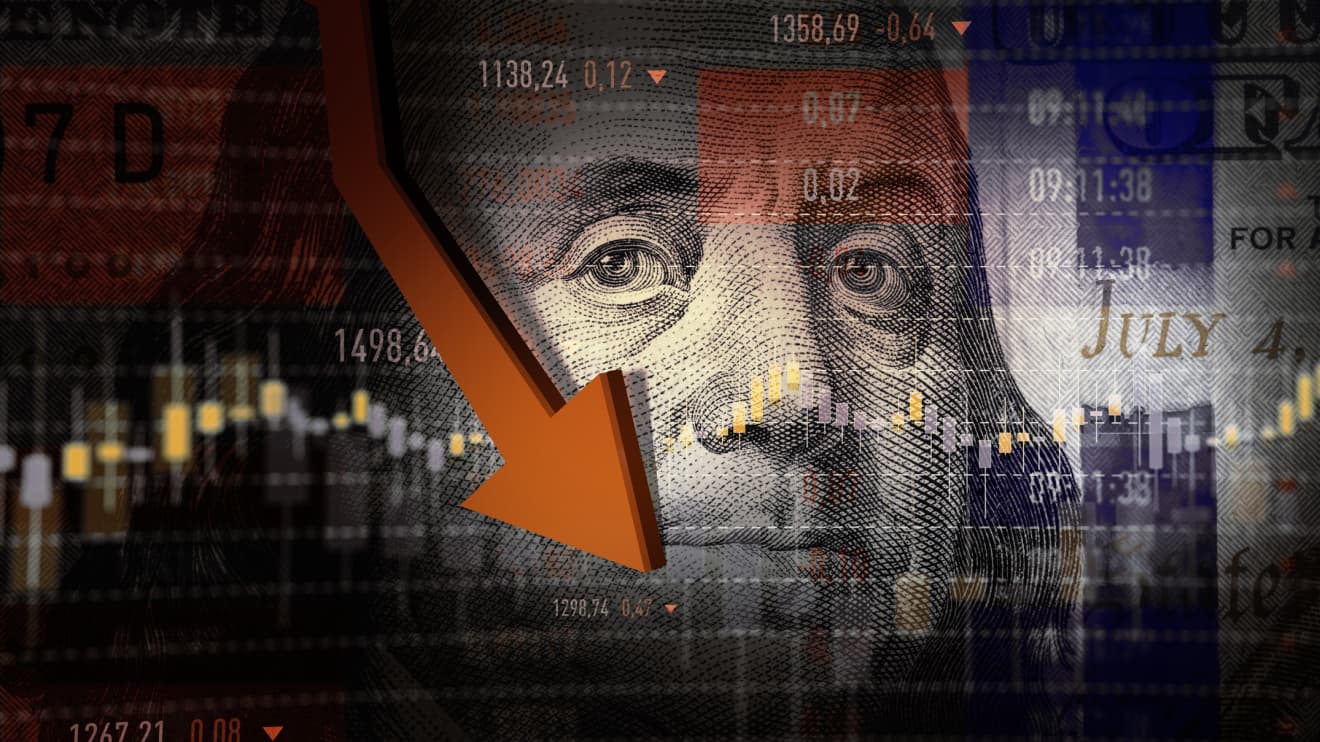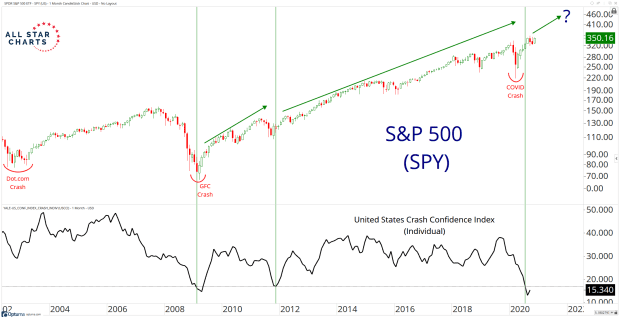This post was originally published on this site

Getty Images
If investors are freaking out about the election and the stock market, you certainly wouldn’t know it from the latest bull run, which saw Wall Street turn in its best weekly performance since April.
The Dow Jones Industrial Average DJIA, -0.23% rallied 6.9% over the five-day period, while the S&P 500 SPX, -0.02% jumped 7.3%. The tech-heavy Nasdaq Composite COMP, +0.03% outperformed both of the other major benchmarks with a 9% surge.
Despite the strong stretch, the mood remains rather bleak, according to Robert Shiller’s U.S. Crash Confidence Index. The numbers show that almost 90% of investors believe “a catastrophic stock market crash in the U.S., like that of October 28, 1929 or October 19, 1987, is probable in the next six months, including the case that a crash occurred in the other countries and spreads to the U. S.”
Shiller, a Nobel Prize-winning economist and Yale professor, flagged the results in a recent a op-ed for the New York Times. “The coronavirus crisis and the November election have driven fears of a major market crash to the highest levels in many years,” he wrote. “At the same time, stocks are trading at very high levels. That volatile combination doesn’t mean that a crash will occur, but it suggests that the risk of one is relatively high. This is a time to be careful.”
While Shiller warns it’s time for caution, J.C. Parets of the All Star Charts blog says just the opposite. He used this chart to hammer home his point:

“Whenever we’ve been down near these levels in the Crash Confidence Index, not only did crashes not come at all, but these were actually historic buying opportunities in the stock market,” Parets wrote in a blog post on Sunday. “I think today is no different.
In fact, Parets, taking the contrarian approach, says he’s never been more confident that investors are wrong that a crash is coming, so he’s loading up on stocks.
“For me, there is no holy grail. There is no one magic indicator that tells us when to buy and when to sell. It’s a weight-of-the-evidence approach that we take here,” he explained. “This just further evidence that buying stocks is still a better idea than selling them.”

